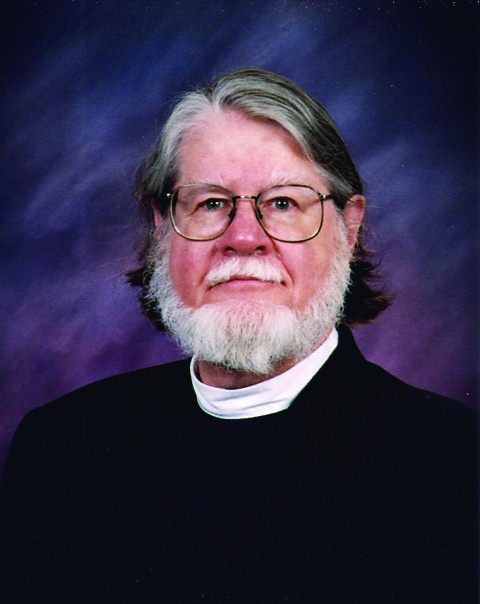Robert Jenson, theologian revered by many of his peers, dies at age 87
Jenson was also active in ecumenical dialogues.

Robert W. Jenson, a theologian considered by some of his contemporaries to be the greatest among them, died September 5 in Princeton, New Jersey. He was 87.
His funeral is planned for 3 p.m. Saturday, September 16, at Trinity Church (Episcopal), in Princeton.
He and Carl Braaten founded the Center for Catholic and Evangelical Theology in 1991, and through it convened ecumenical conferences and started the journal Pro Ecclesia, where Jenson remained a senior editor until his death.
Among his books were A Religion against Itself (1967), The Triune Identity (1982), and the two-volume Systematic Theology (1999). He dedicated the latter work to his wife, Blanche, who survives, calling her “the mother of all my theology.”
In a 2006 interview with the Christian Century, he reflected on how the field of theology had changed over the course of his career, including a shift from Germany to the U.S. as the center of activity.
Read our latest issue or browse back issues.
“The Americanization of theology has had both good and bad consequences,” he said. “A bad one is a typically American scholarly and speculative individualism; in theology diversity is often a good thing, but entrepreneurship is not.”
Commenting on the state of ecumenism, he predicted that in the 21st century the Orthodox, Pentecostals, and Roman Catholics would predominate.
“The ecumenical movement is not very interesting if it is simply an apparatus for practical comity and joint political agitation,” he wrote. Its core concern must be for “the theological and structural divisions that prevent fellowship at the Lord’s table, and for the possibilities of overcoming them.”
Jenson taught at Luther College, Lutheran Theological Seminary at Gettysburg, Oxford University, and St. Olaf College.
Century books editor Elizabeth Palmer, a student at St. Olaf while Jenson taught there, acknowledged that he “relished using polemical language, particularly around issues of sexuality and gender,” she wrote on her blog.
In 2010 Jenson contributed to the Christian Century series “How my mind has changed.” His own changes, he wrote, resulted from an “encounter with a question or concern that had not before gripped me.” He gave several examples, one of which was “being part of the current revolt against the hegemony of ‘historical-critical’ procedures in the exegesis of scripture.”
This led him to write two biblical commentaries among his final publications.
“I have been made increasingly aware that historical-critical work cannot stand alone but must rather serve the church’s intrinsic exegetical task: reading the Bible as a single book telling a single story—indeed, as a christological metanarrative,” he wrote.





